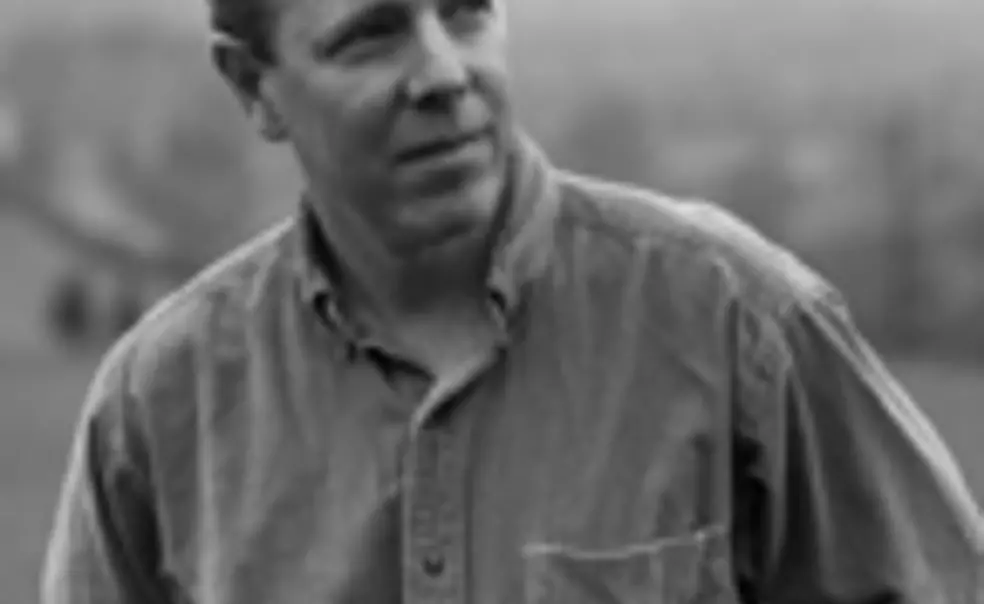Tiger of the Week: Richard Preston *83, Back on the Ebola Story
Twenty years ago, Richard Preston *83’s best-seller, The Hot Zone, introduced readers to the Ebola virus in what was billed on the cover as a “terrifying true story.” When Ebola returned to the headlines in recent months, Preston came back to the story, reporting for The New Yorker, the magazine for which Preston first covered the Ebola story in 1992.
In August, Preston told the story of Daniel Bausch, an American doctor in an Ebola ward in Kenema, Sierra Leone. This week, the magazine published “The Ebola Wars,” Preston’s in-depth look at the situation on the ground in Sierra Leone intertwined with reporting on scientists at MIT’s Broad Institute who are working to understand Ebola’s genome. He also traced the stories of American Ebola survivors Kent Brantly and Nancy Writebol, and U.S. hospitals’ first encounter with the virus. “We weren’t prepared,” Preston told CNN on Monday. “I would say that many health workers in Africa were more prepared for Ebola than people in the most sophisticated hospitals in the U.S. This is a learning curve, but they’re coming up fast on that learning curve in the United States, and I have confidence that they’re going to be able to handle it.”
Preston may seem like an unlikely science writer. He earned a Ph.D. in English at Princeton, but he also took John McPhee ’53’s course, “The Literature of Fact.” On his website, Preston writes that the McPhee class was partly responsible for his fascination with nonfiction.
In an interview with The New York Times this week, Preston conceded that there are some inaccuracies in The Hot Zone — he would like to correct them and add new context to the story in an updated edition. He also responded to the fear surrounding Ebola, which seemed to have faded before the recent outbreak. “It’s wrenching,” he told the Times. “We’re getting a feel for the magnitude of human suffering and fear, and it’s awful.”













No responses yet